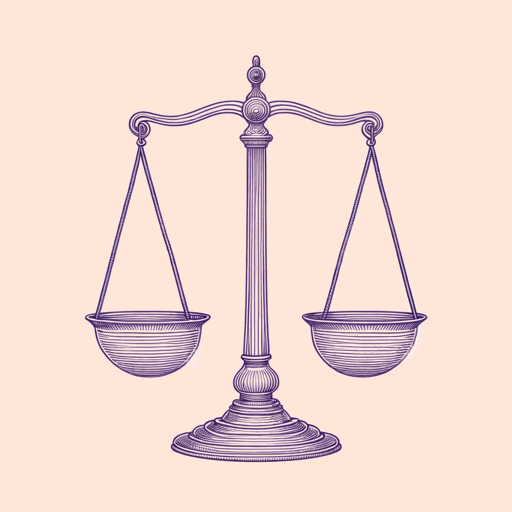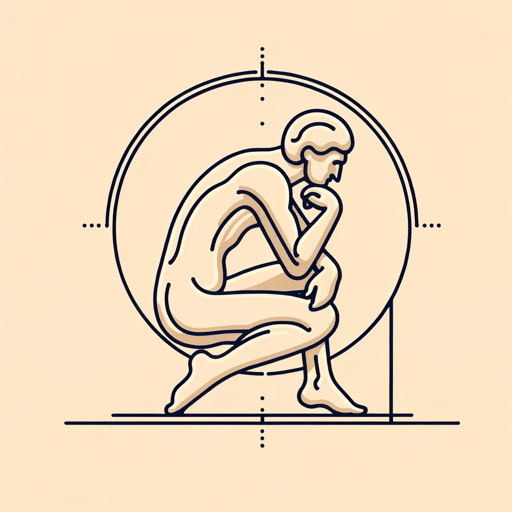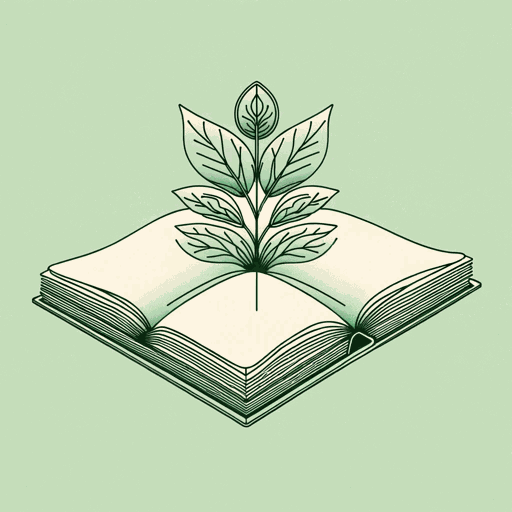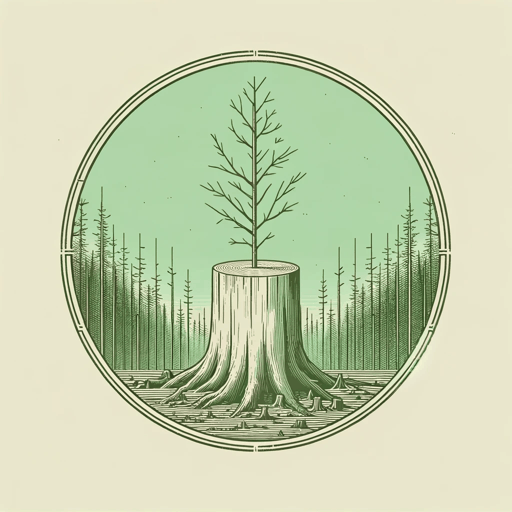48 pages • 1 hour read
Jean-Jacques RousseauThe Social Contract
Nonfiction | Book | Adult | Published in 1762A modern alternative to SparkNotes and CliffsNotes, SuperSummary offers high-quality Study Guides with detailed chapter summaries and analysis of major themes, characters, and more.
Book 1Chapter Summaries & Analyses
Book 1, Chapter 1 Summary: “Subject of the First Book”
Rousseau writes, “Man is born free; and everywhere he is in chains” (23). These chains may be the shackles of literal slavery, but more often they are the constraints modern societies place on individual liberty in the interest of civil stability. Rousseau’s chief preoccupation involves how a just society can exist without depriving humanity of its natural liberties.
Book 1, Chapter 2 Summary: “The First Societies”
Rousseau looks to the oldest form of society: the family. Children remain attached to their parents out of self-preservation until they can take care of themselves, at which point the familial bonds become voluntary. As humanity flourished, it became advantageous to inhabit social units larger than individual families by forming communities, and this led to the emergence of governments. However, all authority that exists outside of the family is a social convention rather than a natural phenomenon, and therefore it is a threat to natural liberty.
Book 1, Chapter 3 Summary: “The Right of the Strongest”
The author argues against various political philosophers including Aristotle, Hugo Grotius, and Thomas Hobbes, all of whom assume that rulers are naturally superior to the ruled. Rousseau wryly counters that if heredity dictates power, then as a descendent of the first “king,” the biblical Adam, there is no reason Rousseau himself may not be the legitimate ruler of humanity.
Related Titles
By Jean-Jacques Rousseau




